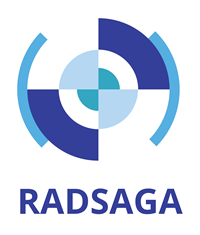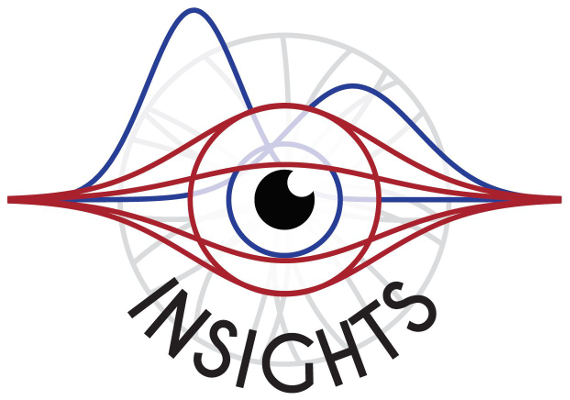RADSAGA
|
RADSAGA: RADiation and Reliability Challenges for Electronics used in Space, for Aviation, at Ground and at Accelerators RADSAGA brings together industry, universities, laboratories and test-facilities to train young engineers, bachelors & masters in all aspects related to electronics which is exposed to radiation within the four major application areas: Space, Aviation, Ground and Accelerators where a fast moving field of technology development requires a change of paradigm in terms of radiation qualification of critical electronic components and systems.
|
Coordinator: CERN, Switzerland Scientist in Charge from CERN: Full costs of the project: 3.9 M€ EU funding: 3.9 M€ EU funding for CERN: 724 k€ 1 March 2017 - 28 February 2021 |


